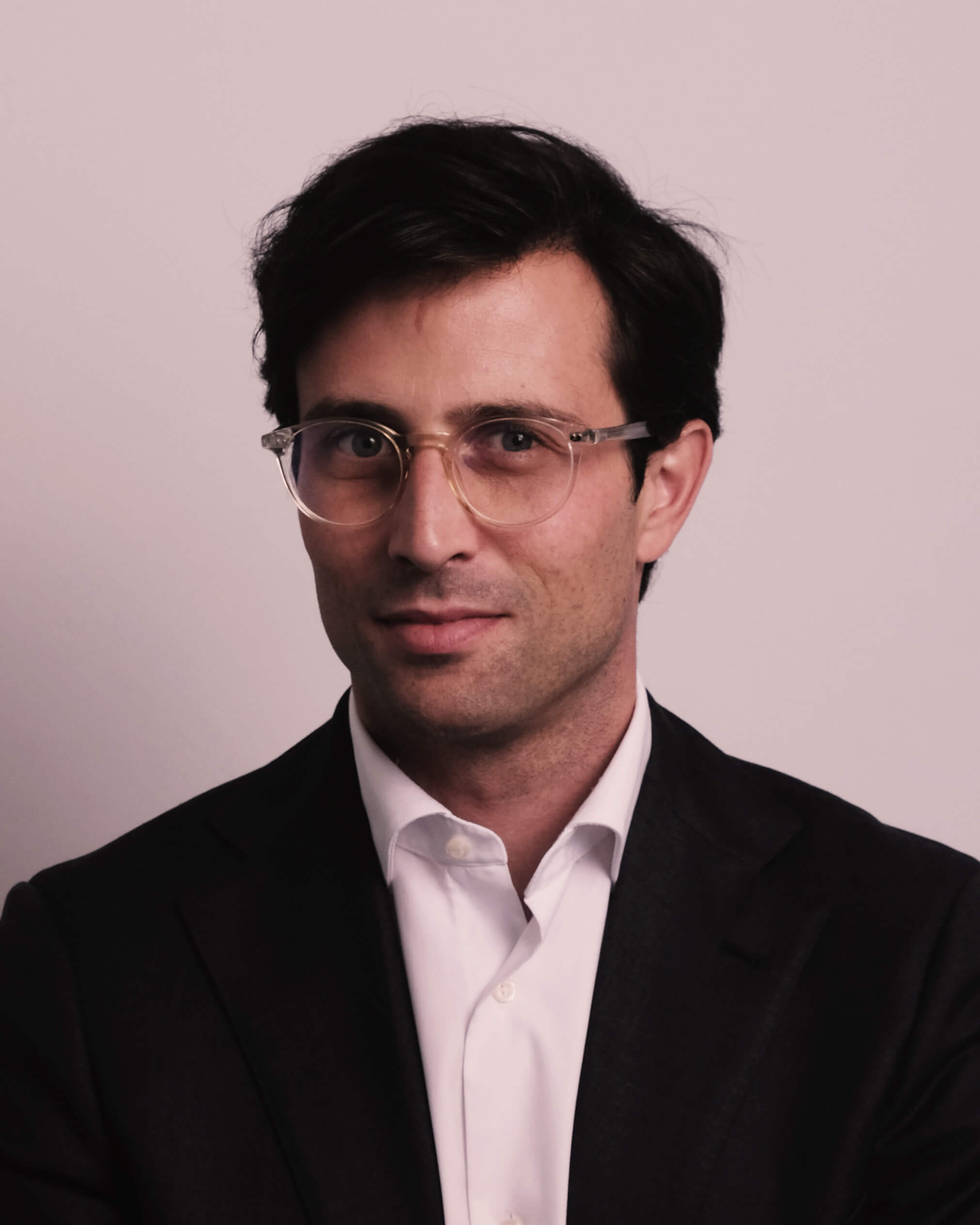The art of luxury is not based solely on the rarity of the products or the excellence of the craftsmanship: it requires a perfect symphony between each player in the commercial chain.
Behind every precious watch, every iconic bag, lies a meticulous orchestration of sales, stock management and merchandising.
This is where a specialized retail CRM becomes an essential strategic lever: it synchronizes field teams, the shops and the head office in real time, guaranteeing flawless coordination between production, marketing and distribution.
The result? An increase in commercial efficiency and a sublime customer experience, meeting the sector's highest standards.
1. Harmonize sell-in and sell-out to optimize stock management
In luxury, stock management is a balancing act. Ensuring availability without overstocking requires precise forecasting. A CRM consolidates sales by channel, shop and collection, enabling accurate trend prediction. Real-time analysis and wish lists help fine-tune inventory, preventing shortages while maximizing profitability.
Aligning supply and demand is key , especially in watchmaking and luxury goods, where production relies on exceptional know-how and limited volumes. Automated restocking, driven by sales trends and stock levels, ensures optimal availability all year-round . By synchronizing sales data with logistics, brands create a seamless customer experience, both in-store and online.
2. Manage retail execution down to the last detail
In the luxury sector, operational efficiency is critical for maintaining consistency. A specialized retail CRM streamlines core processes like inventory management, task assignments, and store performance tracking.
By centralizing these functions, it ensures every store operates smoothly and adheres to operational standards. Retail teams can monitor real-time performance, quickly identify issues, and take immediate corrective actions. With checklists and instant reporting, every operational task is actionable, enabling continuous improvements and precise execution across all locations.
3. Seamlessly orchestrate merchandising and marketing
A store’s interior is a silent language that tells the story of the brand. A retail execution-oriented CRM enables real-time monitoring of merchandising guidelines and centralized management of promotional material requests.
Field teams can report any non-compliance, request marketing materials or ask for local activations with a single click.
This fluidity of execution guarantees perfect consistency of the brand image and an impeccable presentation of the products.
4. Preserve know-how through continuous training
Luxury is based on an unparalleled art of service.
helps Integrating interactive and immersive training tools within a CRM cultivate this excellence.
E-learning modules, certifications, and instant access to sales pitches are tools that transform each salesperson into a true ambassador of the brand . Continuous and tailored training guarantees a refined customer experience that meets the highest expectations.
5. Leverage data-driven customer insights
A luxury CRM can gather and analyze data from various touchpoints — online, in-store, and across social media — to build a comprehensive profile of each customer.
By understanding purchasing patterns, preferences, and engagement, brands can create targeted campaigns and loyalty programs that resonate more deeply with their clientele.
This data-driven approach allows luxury retailers to anticipate trends, improve customer service, and increase conversion rates, all while maintaining an exclusive, personalized feel.
Conclusion
In a sector where excellence tolerates no compromise, effective retail management becomes an act of precision.
A retail CRM does not just only optimize operations, it instills a new dynamic, where each decision is based on a clear and strategic vision.
In luxury, innovation is not an option: it is a necessity.
When know-how and advanced technology come together, the in-store experience reaches new heights. Through this alliance, good CRM becomes more than a tool: it orchestrates the perfect harmony between tradition and modernity, transforming each point of sale into an exceptional showcase.








